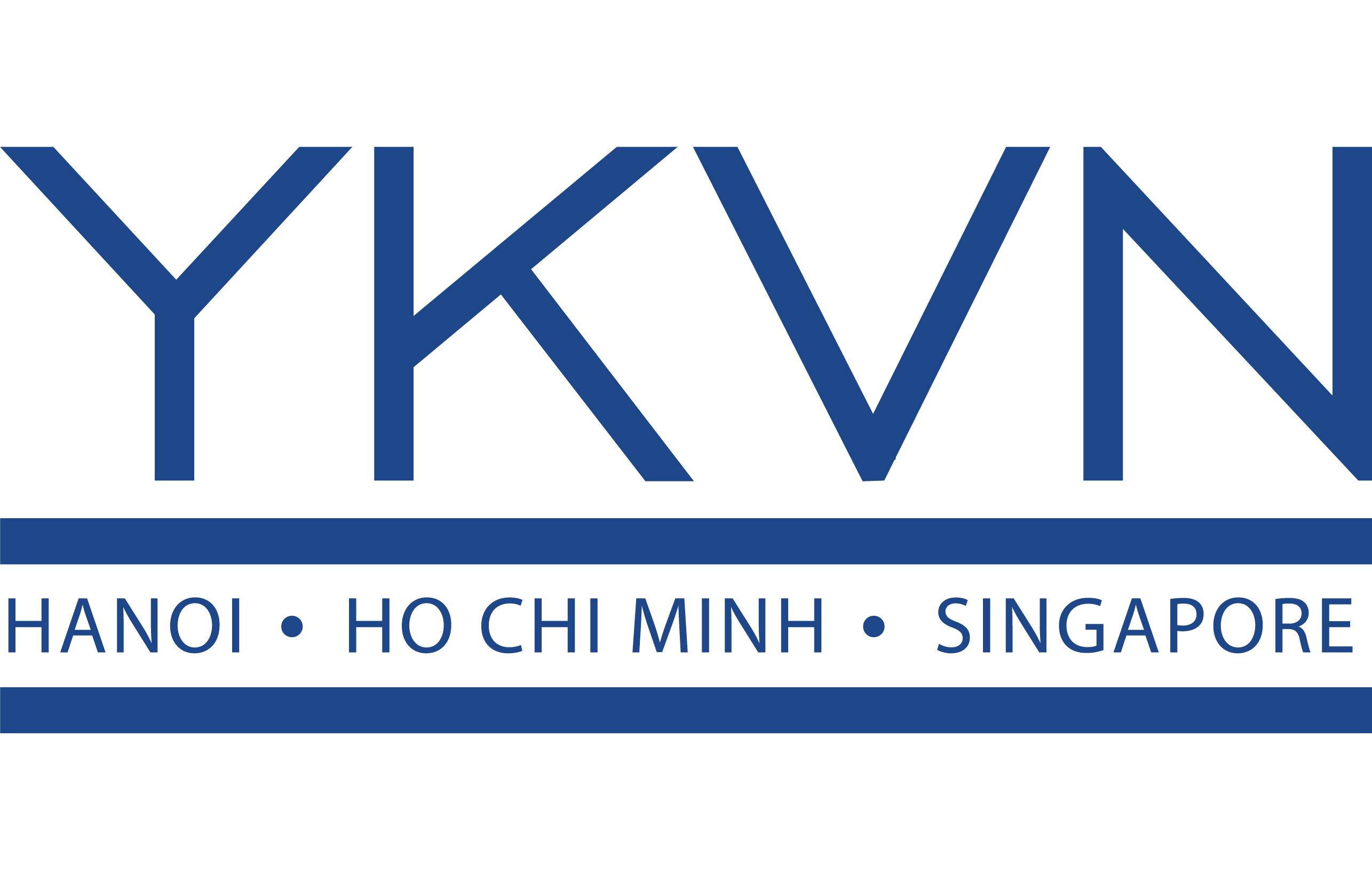Providing Loans and Guarantees for Overseas Expansion: the New Draft Vietnamese Rules of the Game
October 4, 2022

As the local market becomes more and more open, and the economy has developed to a level where local companies may benefit from outbound financing to facilitate their offshore business, it might be time for Vietnam to adopt a more robust regulatory framework to provide offshore loans and guarantees. While the legal basis for local companies to provide such loans and guarantees dates back several years,[1] this has not been feasible in practice because the existing regulation requires the Prime Minister’s approval of offshore loans or guarantees, without offering detailed procedures to obtain such approval.
Against this background, the State Bank of Vietnam has prepared a draft decision, to be issued by the Prime Minister, providing guidance on the application process for PM approval of offshore loans or guarantees (“PM Draft Decision”). In this legal update, we discuss key features of the PM Draft Decision.
Two Distinct Procedures
The PM Draft Decision provides two distinct procedures to apply for approval to provide outbound loans or guarantees. One applies when a local company provides a loan or guarantee related to its offshore investment project. Simply put, an offshore investment project is a project to be implemented outside of Vietnam by a local investor (who is typically an equity investor). Such project is subject to approval of the Ministry of Planning and Investment, the Prime Minister or the National Assembly, depending on investment scale. The other procedure applies when a local company provides an offshore loan or guarantee outside the context of an offshore investment project. For example, a local company provides a guarantee in relation to financing its offshore affiliate. It is worth noting that in both circumstances, this type of offshore credit facilitation is only available within a group of companies. As such, a local company cannot provide a loan or guarantee to, or for the benefit of, an unaffiliated offshore entity.
Providing Offshore Loans or Guarantees for an Offshore Investment Project
By way of context, a local company that wishes to invest offshore may first obtain an approval in-principle (“AIP”) from the Prime Minister if, among others, it proposes to invest VND800 billion or more offshore, or the National Assembly if, among others, the project involves an offshore investment of VND20 trillion or more. Once AIP is obtained, the Ministry of Planning and Investment will grant the investor an offshore investment certificate, which is the formal approval of the project (“MPI Approval”). In cases where investment is below the above threshold values and no AIP is required, only MPI Approval from the Ministry of Planning and Investment is required.
Pursuant to the PM Draft Decision, a local company may provide a loan or guarantee to the offshore entity formed to implement an approved offshore investment project. If an offshore investment project is subject to AIP, the offshore loan or guarantee will be considered during the assessment of the AIP and the MPI Approval process. As a result, the capital structure of the offshore investment, including offshore loans and guarantees, is specified and approved in the AIP and the MPI Approval. In the event an offshore investment project is not subject to AIP, such loan or guarantee is specified and approved in the MPI Approval only. In all cases, if a loan or guarantee is contemplated as part of an offshore investment project, the project approval process also functions as approval of the offshore financing and no further approval is required under the PM Draft Decision.
Providing Offshore Loans or Guarantees Outside an Offshore Investment Project
Providing offshore loans or guarantees outside the context of an offshore investment project is also common. In such cases, no AIP or MPI Approval is required and, as a result, the procedures for reviewing offshore investment projects do not apply. Instead, the PM Draft Decision imposes specific conditions on providing offshore loans or guarantees when a local lender or guarantor is not implementing an associated offshore investment project. In addition, approval from the Prime Minister is required for a local company to provide offshore financing without an associated offshore investment project.
As noted above, the offshore borrower or guaranteed entity must be a company that sits within the corporate group of the local lender or guarantor. In addition, the local lender or guarantor must satisfy several operational and financial conditions, including: (a) it must be established for at least 5 years; and (b) it must be profitable, and have no overdue offshore debts or taxes in the previous two consecutive years. Finally, the loan disbursement or guarantee payment must be sourced from the local lender’s or guarantor’s equity or after-tax profits, and for this purpose, it must have foreign currency generated from its business available to fund the disbursement or payment. The PM Draft Decision is silent on the documentary evidence a local lender must provide to prove their foreign currency availability, but expressly forbids a local lender from procuring foreign currency from local banks to fund its offshore financing. As a result, a company that only generates revenue in Dong is unable to provide offshore financing under the PM Draft Decision.
Takeaways
The PM Draft Decision appears to be a welcome legislative development. Although it comes with strict conditions that will not, for the time being, facilitate more liberal financing structures outside the context of an offshore investment project, banking practitioners may regard it as the first step towards a more robust regulatory framework governing offshore financing by local companies.
—
[1] Foreign Exchange Ordinance No. 28/2005/PL-UBTVQH11 (Standing Committee of National Assembly, December 13, 2005) as amended by Ordinance No. 06/2013 (Standing Committee of National Assembly, March 18, 2013), Article 19.2.
Contributors
View the article on Lexology HERE.
For more information, please contact YKVN Marketing Team:
T: (+84-28) 3 822 3155
marketing@ykvn-law.com



